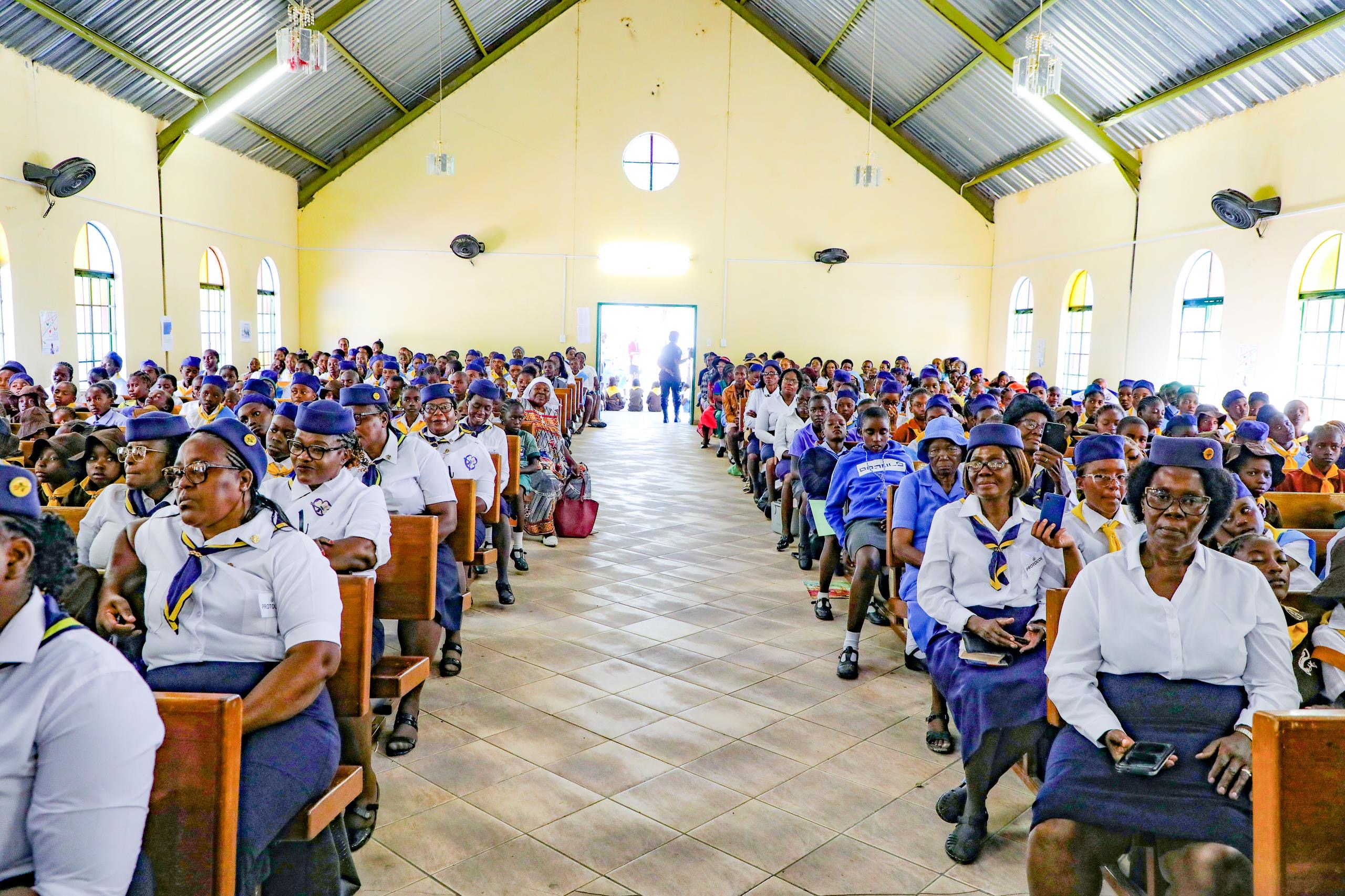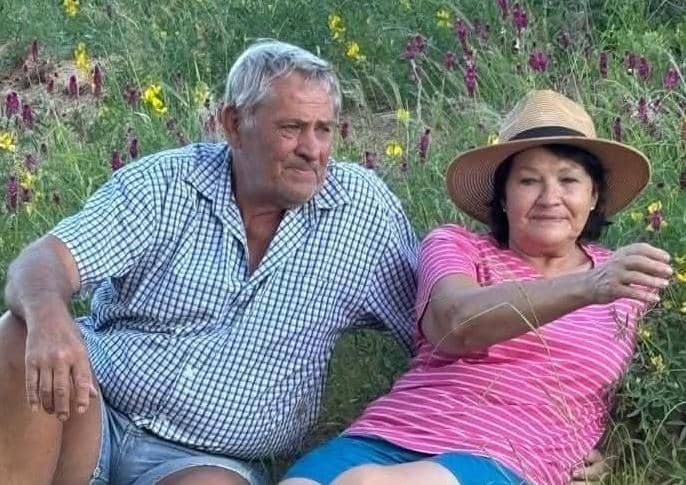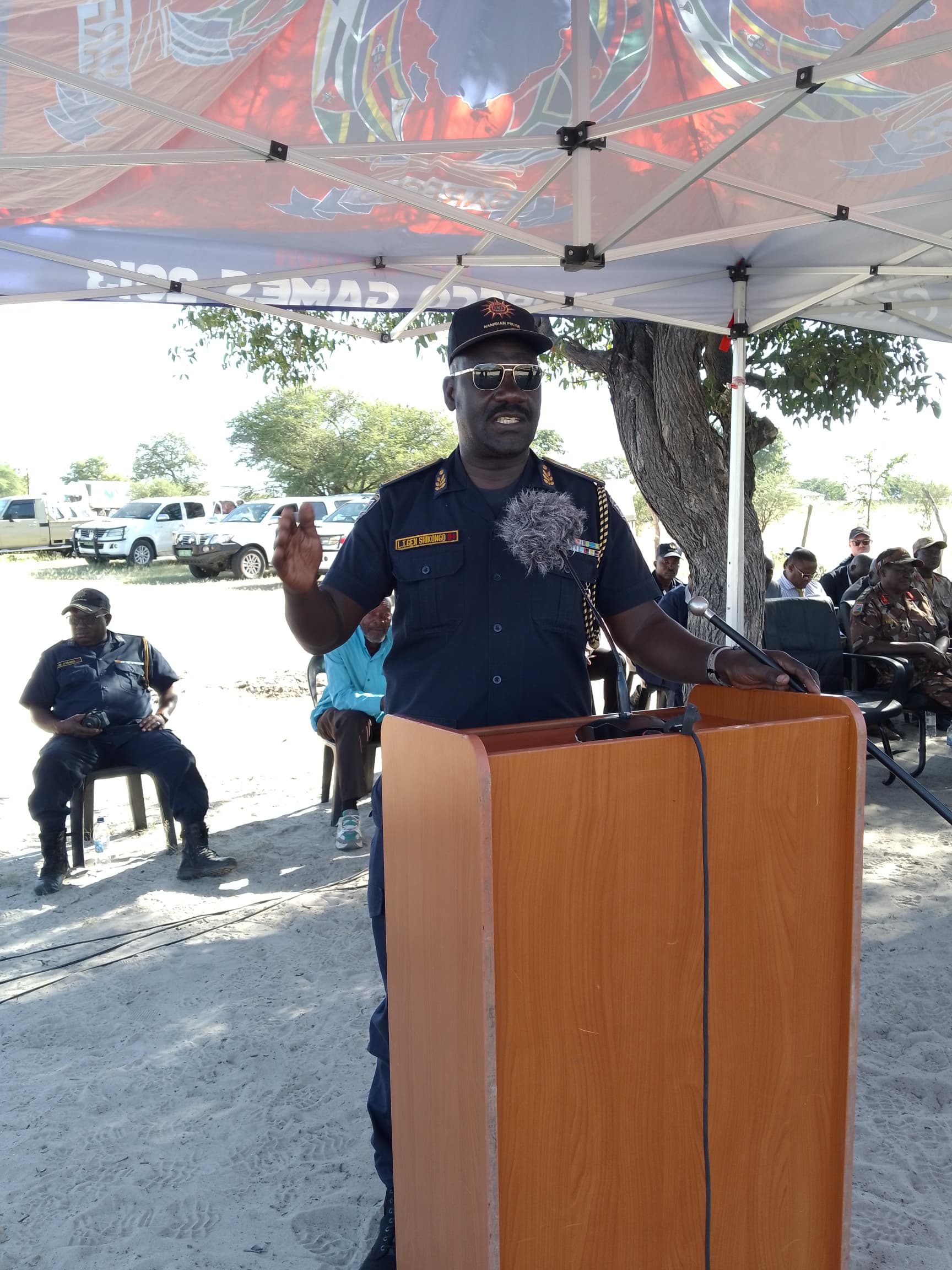THE prosecution and defence teams in the Caprivi high treason case are today set to place their arguments on the challenge to the High Court’s jurisdiction that has been raised by 13 of the treason accused before the High Court at Grootfontein.
Judge Elton Hoff is scheduled to start hearing the two opposing sides’ final arguments after defence team member Patrick Kauta, in something of a surprise move, rested the defence case after calling only two of the 13 to testify yesterday. The only two witnesses were Oscar Muyuka Puteho, one of the four accused people returned to Namibia from Zambia on November 6 1999, and Fred Maemelo Ziezo, a former teacher who is one of two suspects to have been returned from Zambia to Namibia on December 22 1999.Both of them disputed a key part of the evidence on their return to Namibia that the prosecution had placed before the court through the 18 witnesses that Deputy Prosecutor General Herman January had called during the hearing of the jurisdiction plea.The State has denied the 13’s claim of having been unlawfully abducted from either Zambia or Botswana to Namibia.The prosecution’s version of the circumstances in which the 13 returned to Namibia is that the Zambian authorities handed over Puteho and the other members of his group – alleged Caprivi Liberation Army commander John Samboma, Richard Misuha, and John Samati – to the Namibian authorities on what has been referred to in evidence as “no man’s land” between the two countries’ border posts near Katima Mulilo on November 6 1999.According to the State’s witnesses, Ziezo and another of the 13, Andreas Mulupa, were handed over to the Namibian Police by Zambian officials at the Katima Mulilo Police Station on December 22 1999, after the Zambians had transported them to Namibia from Zambia.According to Puteho, though, he and the other three were handed over to three Namibian Police officers – Deputy Commissioner Abraham Maasdorp, who heads the high treason investigation, Inspector Erasmus Shishanda and Inspector Karel Theron – at a pontoon on a bank of the Zambezi River inside Zambia on the evening of November 6 1999.The State has not disputed the claim that Puteho, Samboma, Samati and Misuha were locked up without appearing in a court for almost six months before they were actually formally handed back to the Police, charged and taken to court for a first appearance which, in terms of the Constitution, should have taken place within 48 hours after their arrest.Ziezo likewise disputed the evidence that he and Mulupa were transported to Katima Mulilo and handed to the Namibian Police, inside Namibia.”Those were monkey tricks,” he said, dismissing that version of events.The reality, Ziezo said, was that Zambian officials handed them to officials from Namibia, including Maasdorp, in uniform and armed with a pistol, inside Zambia, before they were driven in a vehicle through Zambia’s Katima Mulilo border post and Namibia’s Wenela border post, without having to stop at either.Both Puteho and Ziezo told the Judge that they did not return to Namibia voluntarily, but were forced to do so.They claimed they had fled from the Caprivi Region to Botswana in late 1998 because they felt threatened in Namibia.From Botswana they later went to Zambia, intending to seek protection there, too, before they were apprehended and sent back to Namibia.Under cross-examination from January both admitted that they did not enter Zambia legally.The only two witnesses were Oscar Muyuka Puteho, one of the four accused people returned to Namibia from Zambia on November 6 1999, and Fred Maemelo Ziezo, a former teacher who is one of two suspects to have been returned from Zambia to Namibia on December 22 1999. Both of them disputed a key part of the evidence on their return to Namibia that the prosecution had placed before the court through the 18 witnesses that Deputy Prosecutor General Herman January had called during the hearing of the jurisdiction plea. The State has denied the 13’s claim of having been unlawfully abducted from either Zambia or Botswana to Namibia. The prosecution’s version of the circumstances in which the 13 returned to Namibia is that the Zambian authorities handed over Puteho and the other members of his group – alleged Caprivi Liberation Army commander John Samboma, Richard Misuha, and John Samati – to the Namibian authorities on what has been referred to in evidence as “no man’s land” between the two countries’ border posts near Katima Mulilo on November 6 1999. According to the State’s witnesses, Ziezo and another of the 13, Andreas Mulupa, were handed over to the Namibian Police by Zambian officials at the Katima Mulilo Police Station on December 22 1999, after the Zambians had transported them to Namibia from Zambia. According to Puteho, though, he and the other three were handed over to three Namibian Police officers – Deputy Commissioner Abraham Maasdorp, who heads the high treason investigation, Inspector Erasmus Shishanda and Inspector Karel Theron – at a pontoon on a bank of the Zambezi River inside Zambia on the evening of November 6 1999. The State has not disputed the claim that Puteho, Samboma, Samati and Misuha were locked up without appearing in a court for almost six months before they were actually formally handed back to the Police, charged and taken to court for a first appearance which, in terms of the Constitution, should have taken place within 48 hours after their arrest. Ziezo likewise disputed the evidence that he and Mulupa were transported to Katima Mulilo and handed to the Namibian Police, inside Namibia. “Those were monkey tricks,” he said, dismissing that version of events. The reality, Ziezo said, was that Zambian officials handed them to officials from Namibia, including Maasdorp, in uniform and armed with a pistol, inside Zambia, before they were driven in a vehicle through Zambia’s Katima Mulilo border post and Namibia’s Wenela border post, without having to stop at either. Both Puteho and Ziezo told the Judge that they did not return to Namibia voluntarily, but were forced to do so. They claimed they had fled from the Caprivi Region to Botswana in late 1998 because they felt threatened in Namibia. From Botswana they later went to Zambia, intending to seek protection there, too, before they were apprehended and sent back to Namibia. Under cross-examination from January both admitted that they did not enter Zambia legally.
Stay informed with The Namibian – your source for credible journalism. Get in-depth reporting and opinions for
only N$85 a month. Invest in journalism, invest in democracy –
Subscribe Now!










